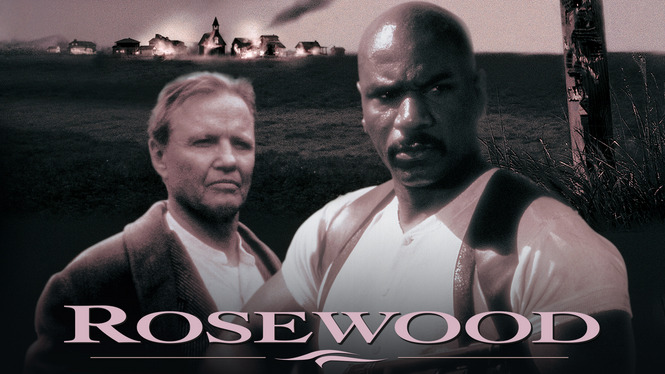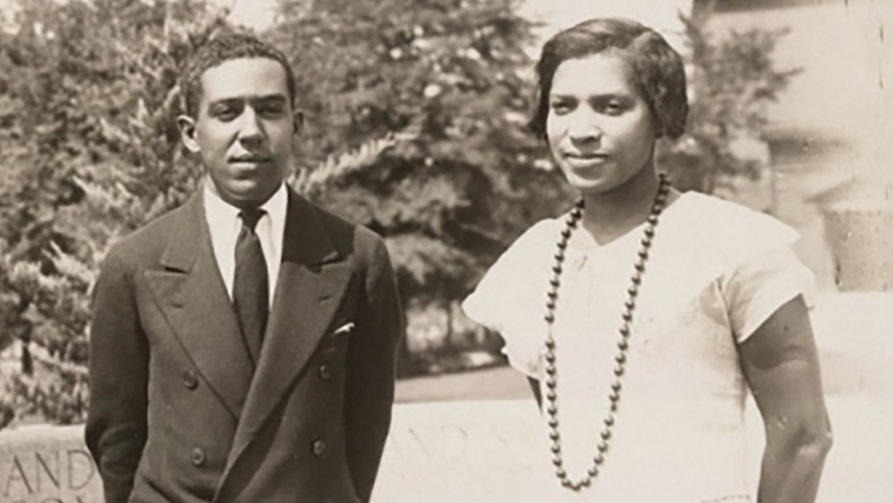Supreme Court Chief Justice John Roberts in his short reign as head of the only unelected branch of the federal government has done more in a short time to move constitutional jurisprudence and the country to the right than anyone could have imagined. His Supreme Court is willing to overturn 100 years of precedent limiting corporations from participating in the political system, has equated laws prohibiting discrimination as discrimination itself, and considered overturning the historic Voting Rights Act. His court is not merely calling balls and strikes. He is making his court the entire game. His court’s ruling has the potential of eliminating the Congress or the Presidency from being elected by the American people to one directly elected and selected by corporations.
The Supreme Court’s decision in Citizens United is so radical so potentially destructive for American democracy it is surprising that those on the right have supported the decision. In the short term it means more money for Republican candidates who more often than not support the interest of big business over the average American. But the long term implication threatens both political parties because it may make them obsolete. Each member of Congress may become merely an arm of a particular corporations public relations team.
Congress should consider hearings on the Citizens United case and even consider whether to impeach Chief Justice Roberts for lying to Congress. Why? In his confirmation hearings, he stated, “Judges and justices are servants of the law, not the other way around. Judges are like umpires. Umpires don’t make the rules; they apply them.” In Citizens United it is clear that Chief Justice Roberts sought to make the rules. He sought to overturn campaign finance limitations by raising constitutional issues not on appeal by the litigants. The Court equates corporations with human beings with the same inalienable first amendment rights when it comes to speech. In his concurring opinion he does not address the dissents truth that corporations are not human beings, they are state created, state chartered institutions and as such can be regulated by the state. The ruling also allowed foreign owned American corporations to spend an unlimited amount of money in American elections. It is not an overstatement to say that the slippery slope implications of the Citizens United decision may affect all aspects of American life. Further the Roberts court has not shown the ability to be unbiased toward corporations always ruling in their favor.
This ruling like Bush v. Gore by Roberts’ predecessor and mentor smells like and reeks of judicial bias of the worse kind. A ruling based on ideology not law. There is nothing and no one to stop the Roberts court from doing further damage to American democracy and what was previously considered settled American law. They can strike down precedent from Roe v. Wade, to Brown v. Board of Education, with impunity to the Constitution, constitutional law, Congress or the American people.
Solutions: In addition to impeachment, Congress should consider a constitutional amendment specifically overturning this decision, stating that corporations are not persons and have no rights set forth in the Constitution of the United States. The problem with a constitutional amendment is that corporations can spend an unlimited amount of money to defeat the amendment. Also, constitutional amendments must be passed by two thirds of both houses of Congress as well as two thirds of the states making passage that much more difficult. A difficult but not impossible option.
Packing the court. Congress should alternatively consider packing the court with two additional justices who will commit to overturning the Citizens United decision as well as other decisions of the Roberts court not based in law but have outcomes predetermined based on ideology. Adding two members to the Supreme Court bringing the total to 11 for a nation of 300 million makes sense.
Change corporate law. States that disagree with the undemocratic decision in Citizens United should tighten their control of what corporations that are registered to do business in their state can do under corporate law. Congress should also consider changing corporate law for publicly traded companies giving shareholders greater say before corporations can spend on political campaigns.








